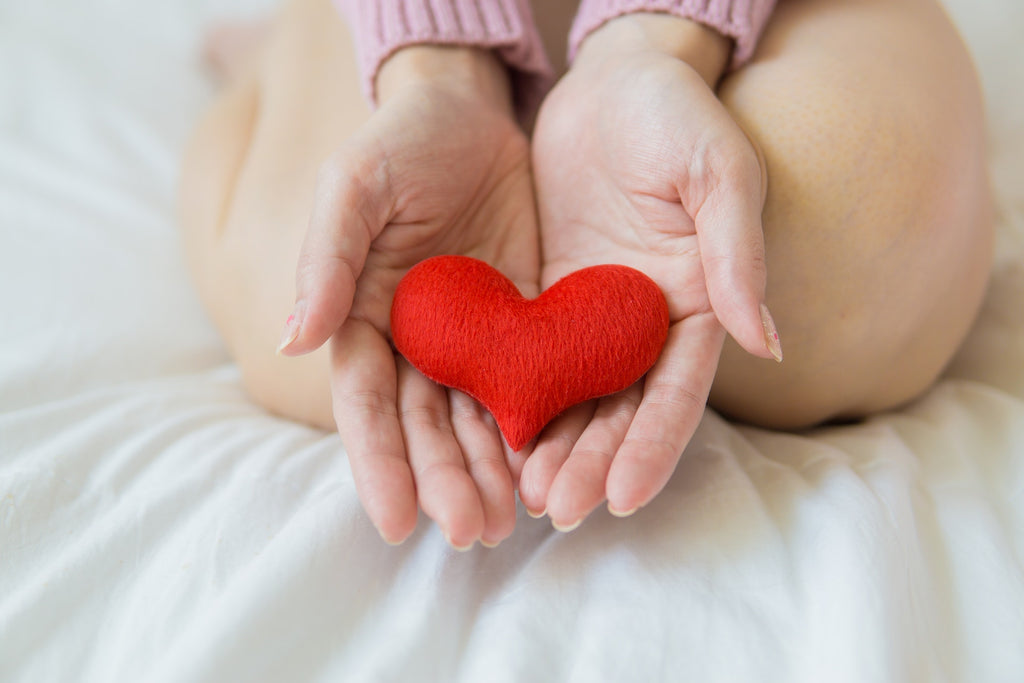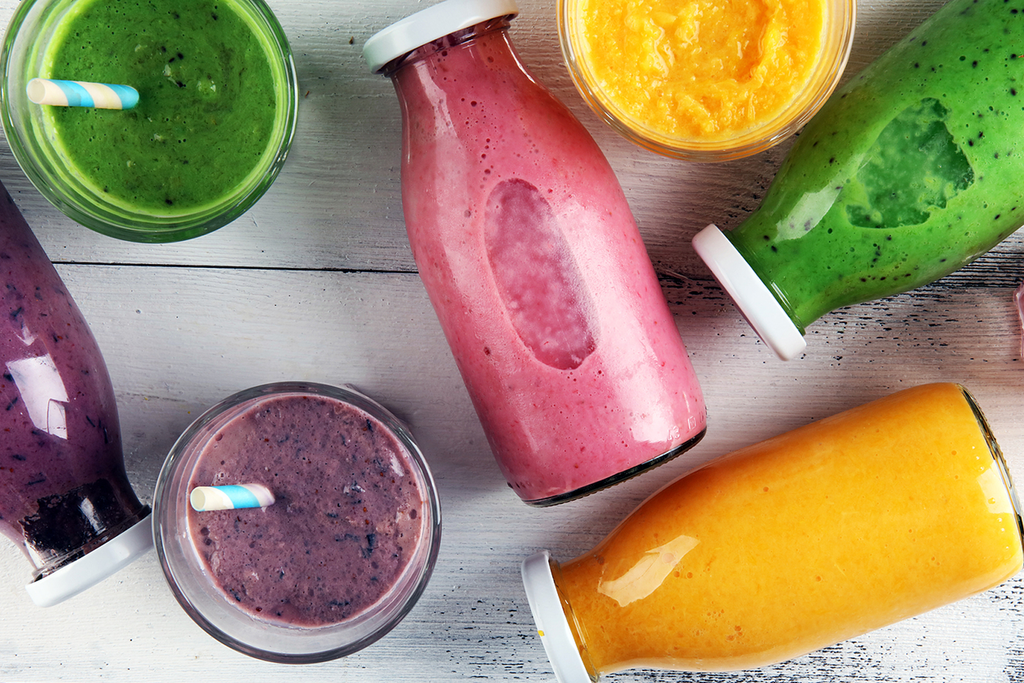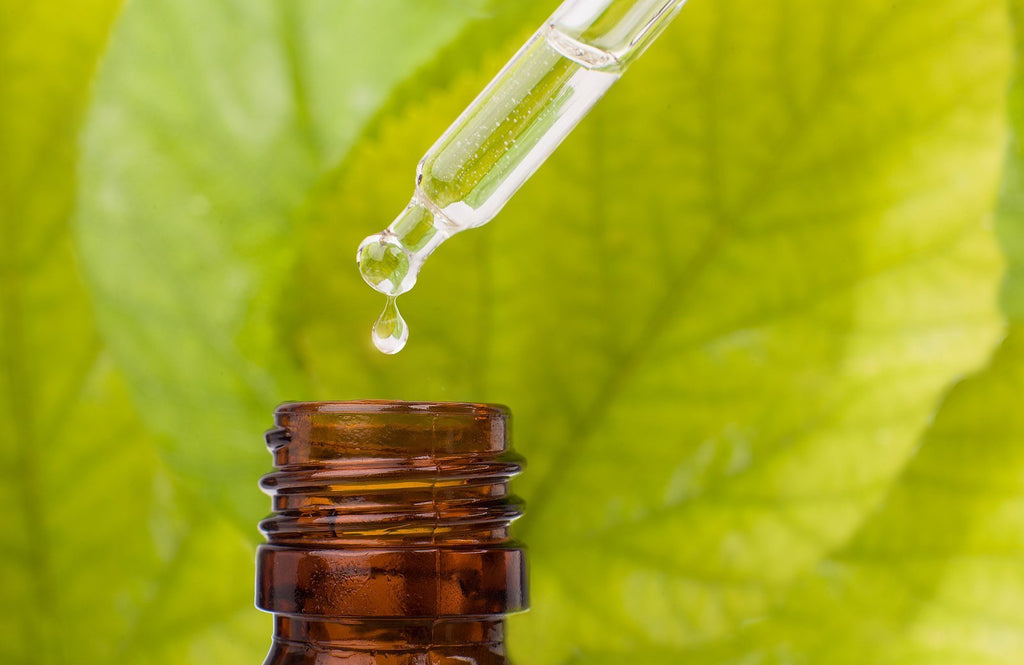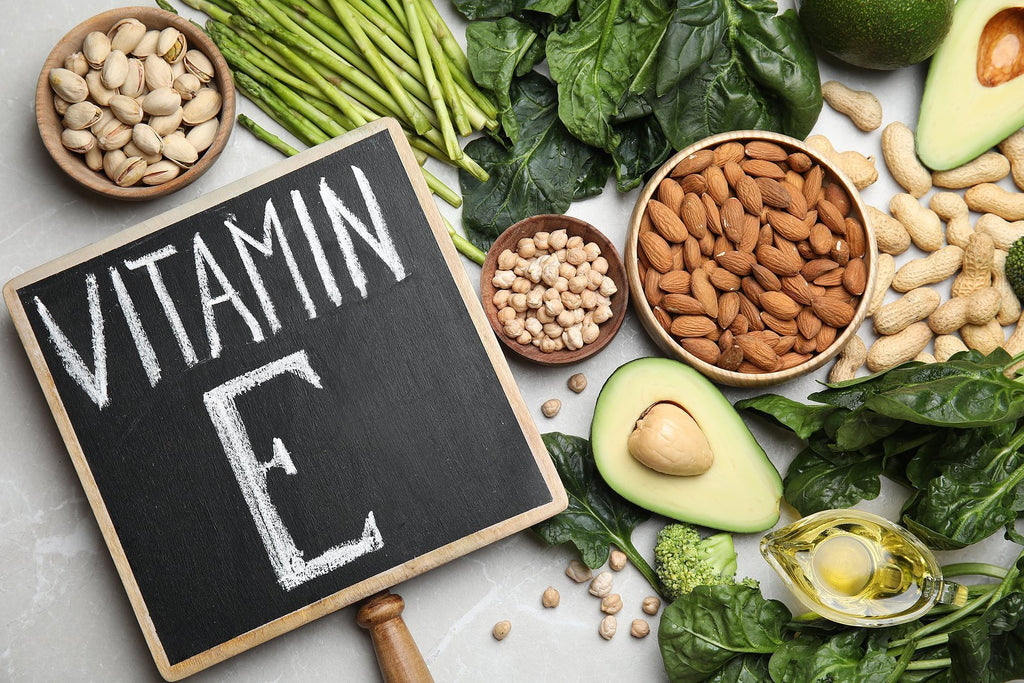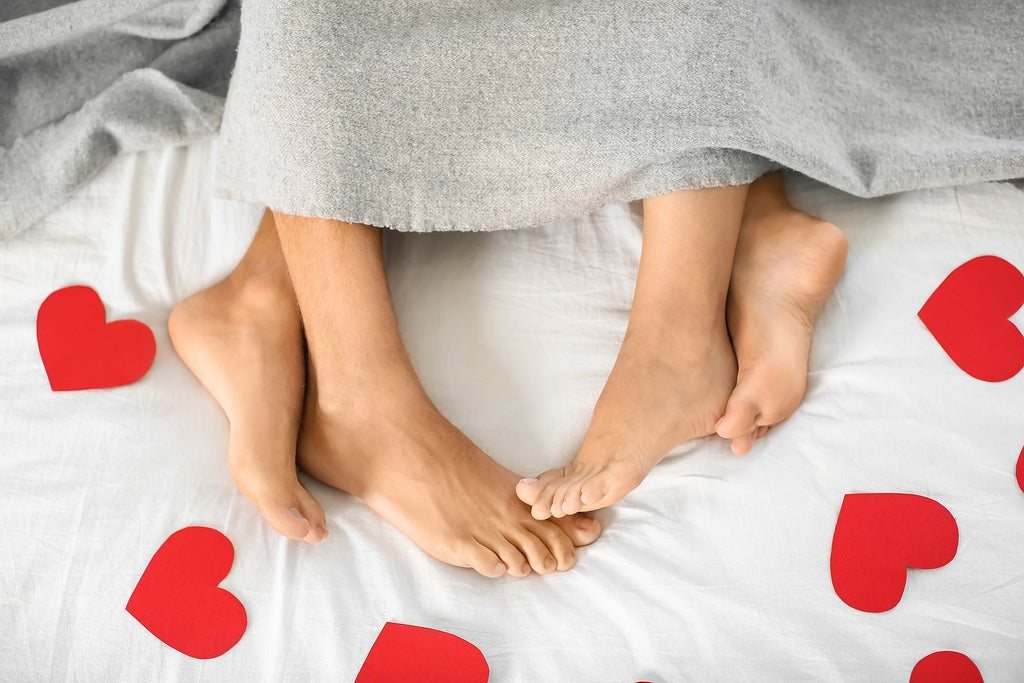Diverticulitis Symptoms, Causes & How To Avoid It Altogether
Diverticular disorder is one of the most common medical conditions in the U.S.
The odds of developing this colon condition increase as you get older, but don’t be fooled – it’s not caused by aging. This modern-day disease is entirely preventable!
Recognizing and addressing early warning signs of a troubled colon can keep it from worsening, but trust me, prevention is much easier.
Let’s look at what diverticular disorder is, symptoms, and what you can do to avoid it altogether.
What Does it Mean to Have Diverticular Disorder?
Carefully tucked into your abdomen is your incredible 4 ½ foot long colon. It contains various muscles that help move things through.
When the inner lining of the colon pushes through weakened muscular layers, sac like pouches called diverticula form. They vary in size but are usually equivalent to a marble.
The presence of diverticula creates the condition of diverticulosis. Although you may not have any symptoms, having diverticulosis increases your risk for major intestinal problems.
You see, when intestinal contents full of bacteria get trapped in these pouches, it creates inflammation.
This is a more serious and painful condition called diverticulitis.
The trapped bacteria can cause infection and other life-threatening complications that could require antibiotics and even surgery.
I know these terms can be a mouthful, so here’s a basic summary:
Diverticula ➔ bulging pouches that develop in the lining of intestines
Diverticulosis ➔ when you have these pouches
Diverticulitis ➔ when these pouches become inflamed or infected
Diverticular disorder ➔ involves having diverticulosis or diverticulitis
The Alarming Stats on Diverticular Disorder…
As you age, you’re more likely to develop diverticular disorder. But again, age is not the cause.
Diverticular disorder results from an accumulation of damage caused by lifestyle choices – mainly poor diet and inactivity.
This condition affects 10% of people over age 40, 50% over age of 60 and 70% by age 80.
Common Diverticulitis Symptoms
When the pouches become irritated and inflamed, symptoms appear. This is referred to as a diverticulitis “flare up.”
Symptoms include:
- abdominal pain (usually left side)
- fever
- frequent/painful urination
- nausea/vomiting
- constipation/diarrhea
- bloody stool
Remember, you can have pouches protruding from your colon without knowing it!
Why So Many People Have This Condition
It’s not surprising that diverticular disease was really rare 100 years ago. Diets back then contained more fiber and hardly any processed foods.
The typical American diet today is heavy in sugar, unhealthy fats and grains. These inflammatory foods weaken your gut by disrupting the balance of healthy bacteria and driving digestive problems. Chronic low-grade inflammation ruins the integrity of your colon, and you become really susceptible to developing these pouches.
The key is preventing diverticula from forming in the first place. You can support your colon health by eating a healthy diet and staying active. It’s never too late to break those unhealthy eating habits!
Knowledge = Early Prevention
Understanding what causes these pouches to form in the first place can help you avoid this condition.
The main causes of Diverticular Disorder are:
- chronic low-grade inflammation
- poor diet
- not enough fiber/probiotics
- grains, dairy, sugar and processed food
- bacterial imbalance
- lack of exercise
- chronic constipation and/or dehydration
- overuse of NSAIDs (Nonsteroidal anti-inflammatory drugs)
Note: NSAIDs are Nonsteroidal anti-inflammatory drugs like ibuprofen. Chronic use can increase intestinal inflammation. Try to use natural remedies whenever possible.
4 Ways to be Proactive
1) Load up on fiber: Fiber is fuel for the good bacteria in your body, which fight inflammation and protect your gut, immune system, and brain. Reducing inflammation also helps you steer clear of cancer, diabetes, and heart disease.
Some healthy fiber sources include the almighty avocado, broccoli, Brussels sprouts, cauliflower, artichokes, berries, coconut, chia seeds and almonds.
Tip: Your diet should contain both soluble and insoluble fiber. Both play an important role in your health. If you’re not familiar with the differences between the two, you can learn more about soluble and insoluble fiber here.
2) Stay hydrated and prevent constipation: Strained bowel movements weaken intestinal lining and create opportunity for pouches to form. Here are some great tips on preventing constipation: 5 Natural Ways to Combat Constipation
3) Exercise: Regular movement encourages proper digestion, elimination, and a healthy weight
4) Control your weight: There is a strong link between diverticular disorder and obesity. The best way to maintain a healthy weight is by eating an anti-inflammatory diet and exercising regularly.
By following these tips, you’ll not only support the health of your colon, but your entire body. If you do have diverticulitis, there is plenty you can do to minimize and ease flare-ups.
Sharing Is Caring
Know Your Body - Know Your Health

